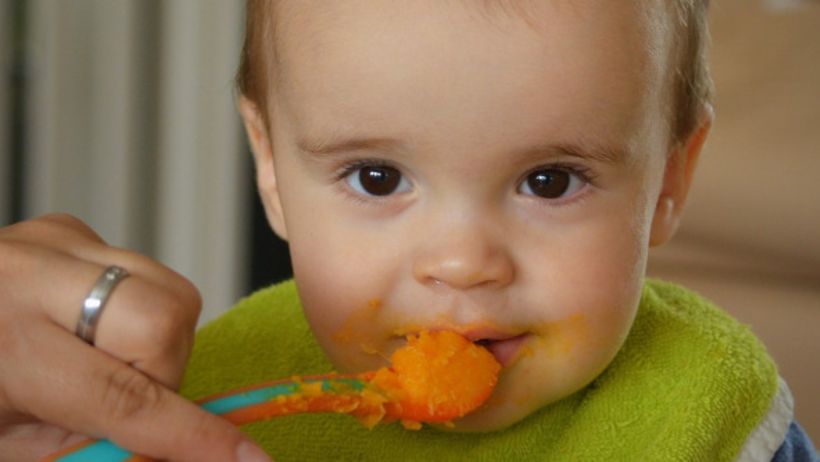“You won’t know unless you try.” It’s that little bit of encouragement used for helping a friend who’s feeling nervous about a new experience or a child who’s about to taste sweet potatoes for the first time. When in life does the fear of what might happen or what might be unpleasant hold you back from doing what could actually bring positive rewards? In most cases it depends on your ability first to weigh the consequences of the action to evaluate potential outcomes. In other words, what result would be bad, what result would be good, and is either one worth the risk?

The Torah is constantly teaching us this lesson as our patriarchs and the Israelite nation come into their own. Especially in this week’s parshah, Shemot, we see this lesson come to life. This parshah serves as the turning point between the leadership of Abraham, Isaac, and Jacob to that of Moshe. Shemot leads us quickly through the change in leadership in Egypt as a new Pharaoh who isn’t so keen on the Israelites decrees that all males born should be put to death. Thankfully the midwives ignore this decree, and Moshe is kept alive. As an adopted Egyptian, Moshe joins the palace, but later learns he’s an Israelite. He flees out of fear for his life, marries a Midianite woman, and starts his own family.
The circumstances surrounding Moshe’s birth are intense, as you can imagine. Pharaoh has made a decree that all baby boys should be put to death, thus reproduction among the Israelite community slowed quite a bit. According to the midrash, many Israelite couples even went as far as splitting up so that they wouldn’t procreate and have to watch a male child be put to death. In fact, when Moshe is born we learn that his parents are recently married, which doesn’t really make sense since we know they have two older children, Miriam and Aaron. So how, in those days, could they be newly married?
The midrash fills in this puzzle by explaining that Miriam thought this separation was the wrong choice. It teaches that Miriam persuaded her parents to return to each other by saying basically, “You are worse than Pharaoh. Pharaoh only threatens the males; you eliminate the possibility of any child. Pharaoh’s decree may not be carried out, but your decision not to have children certainly will be.” Miriam is able to convince her parents to reunite, and Moshe was born, luckily for the Israelites.
When you’re tasked with weighing potential outcomes, it’s hard to know which decisions will have major implications and which ones minor. Miriam’s strength and conviction in insisting that we must consider all repercussions of our decision making illustrates this point perfectly. If you don’t look at an issue from all sides, you might miss the decision that would change the world.



